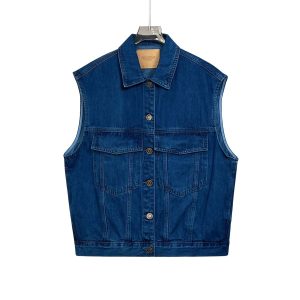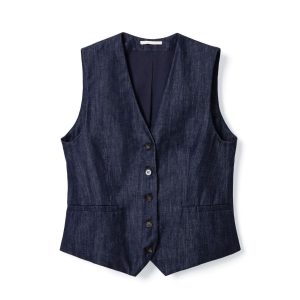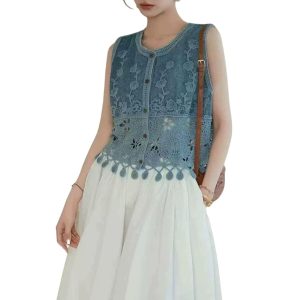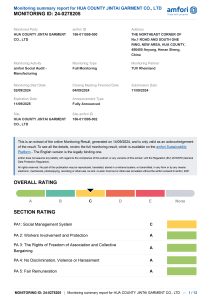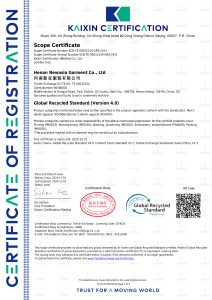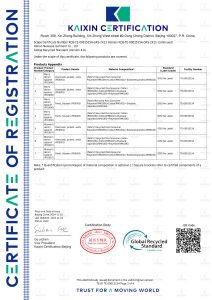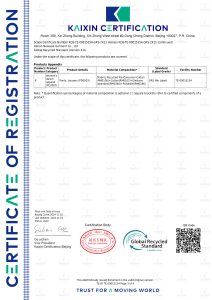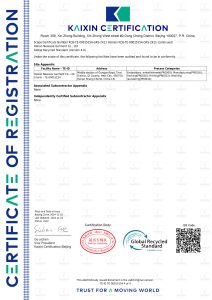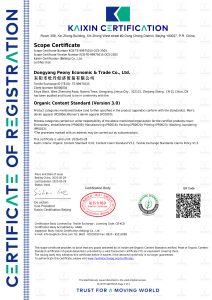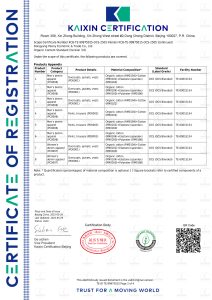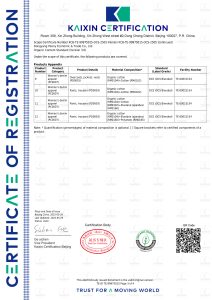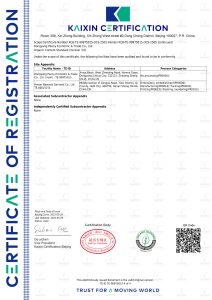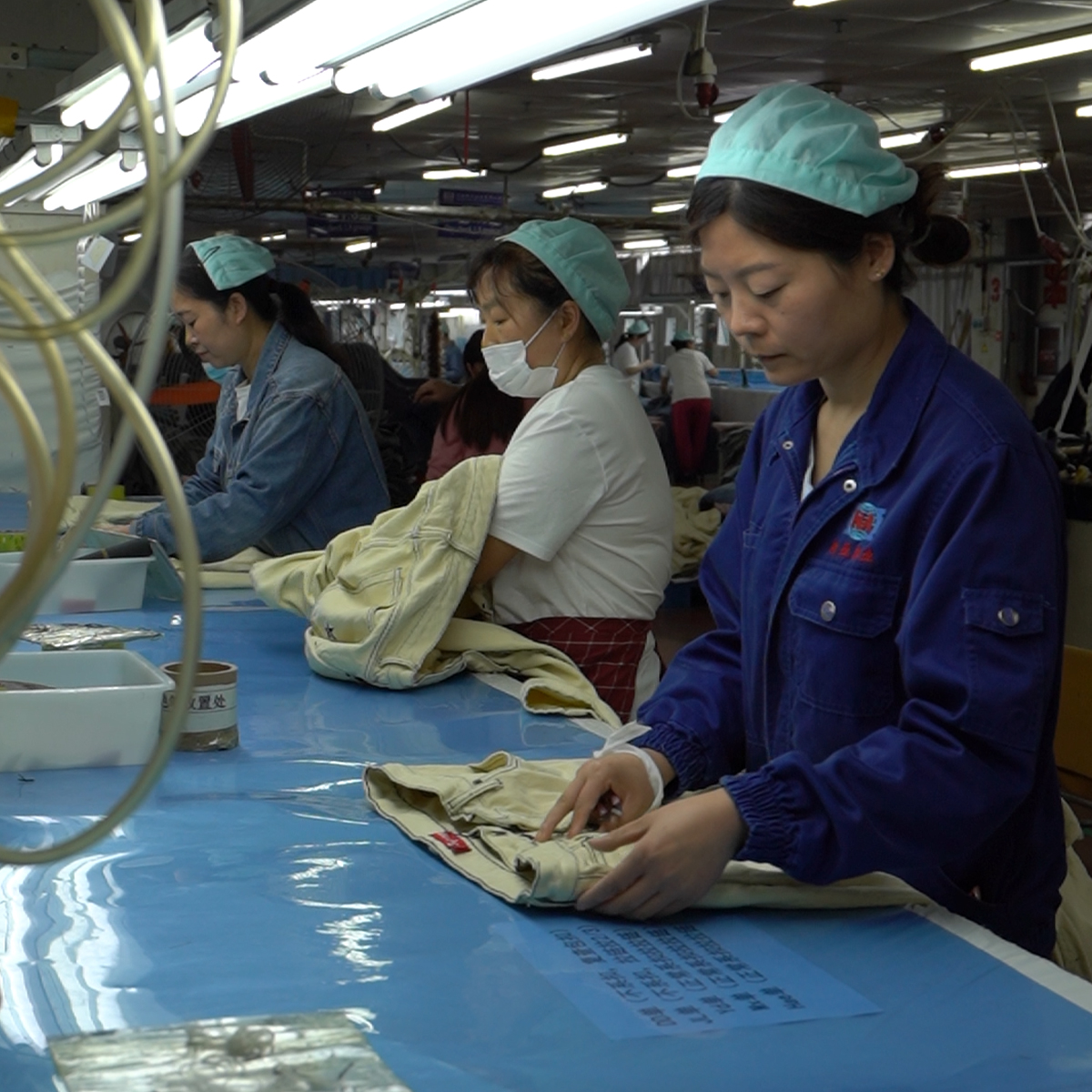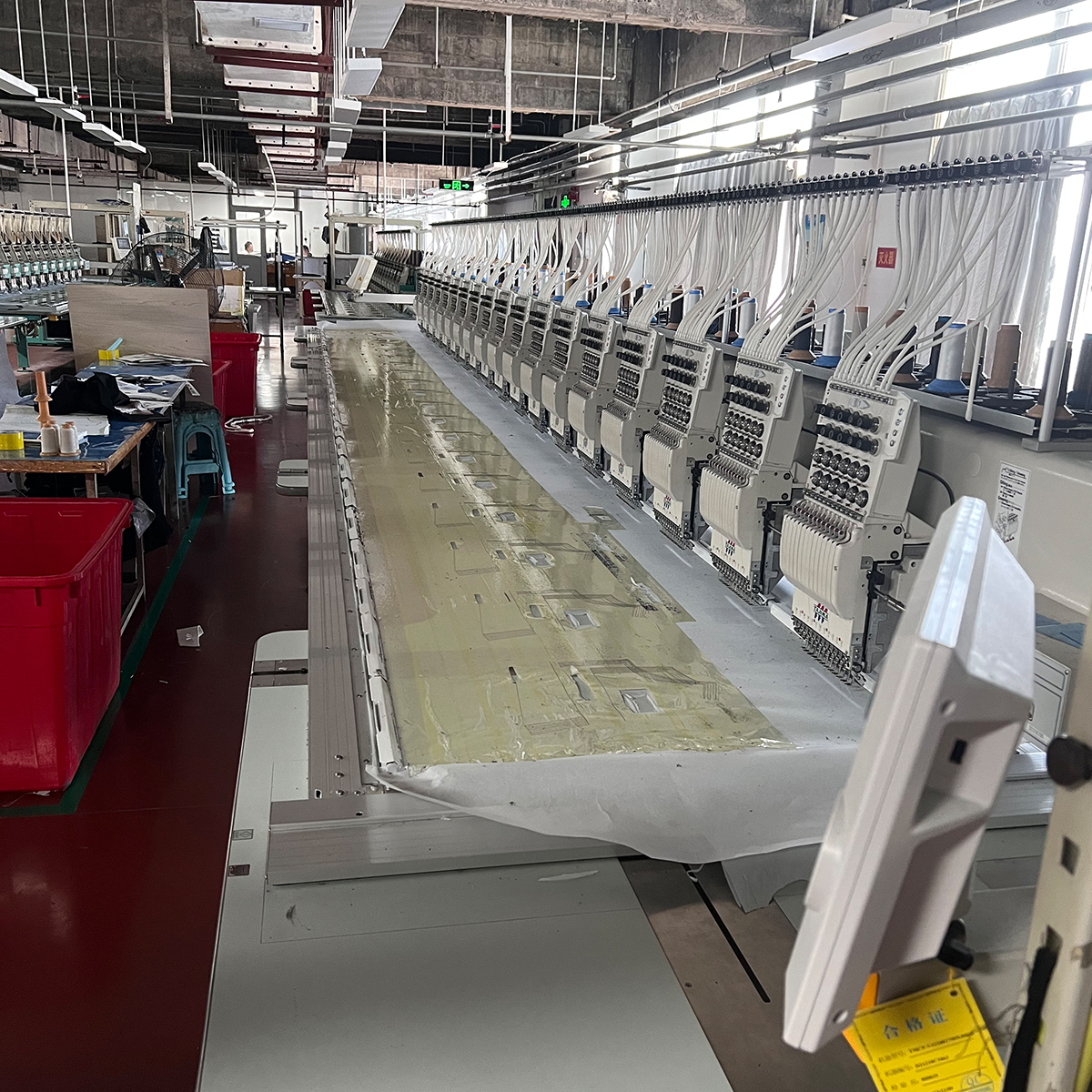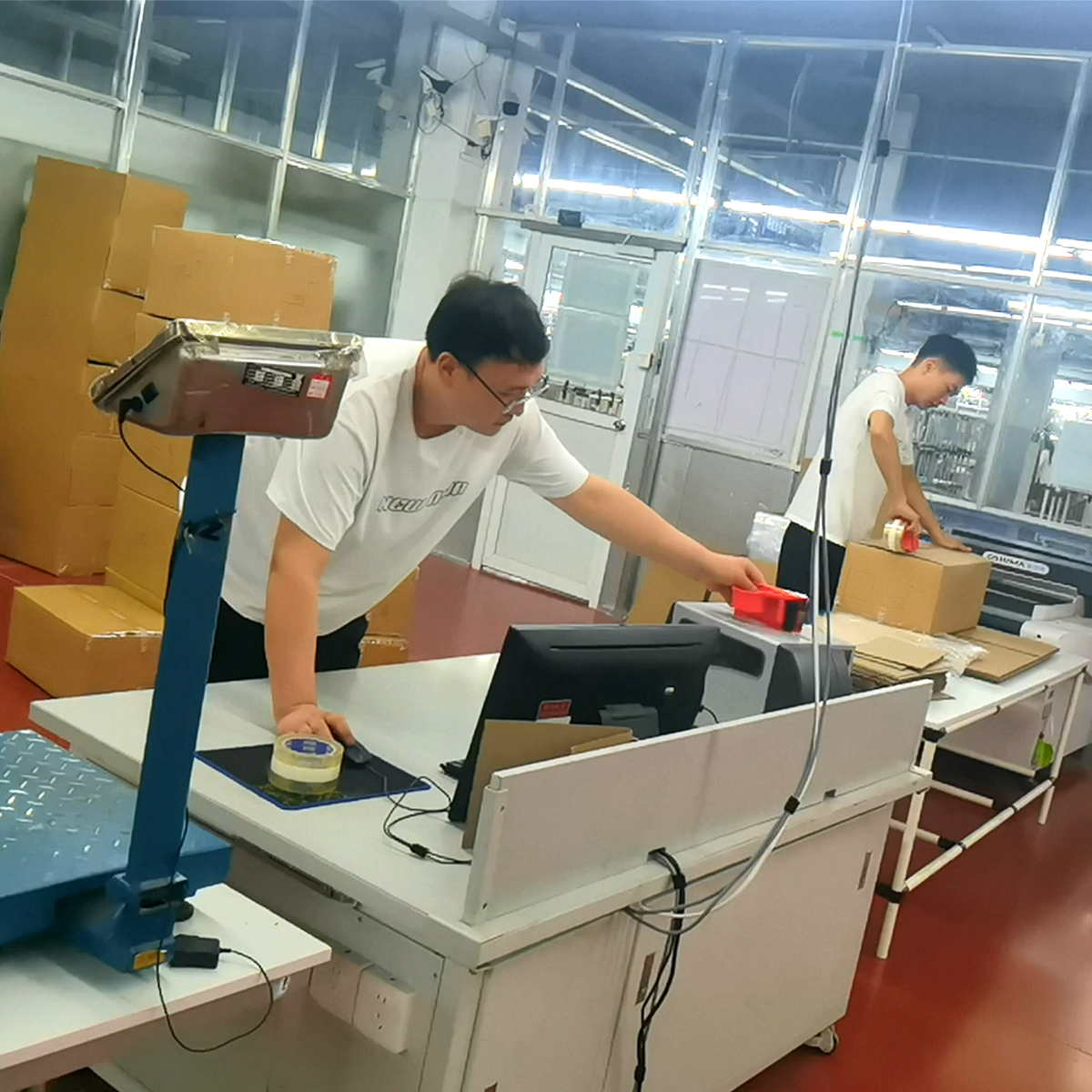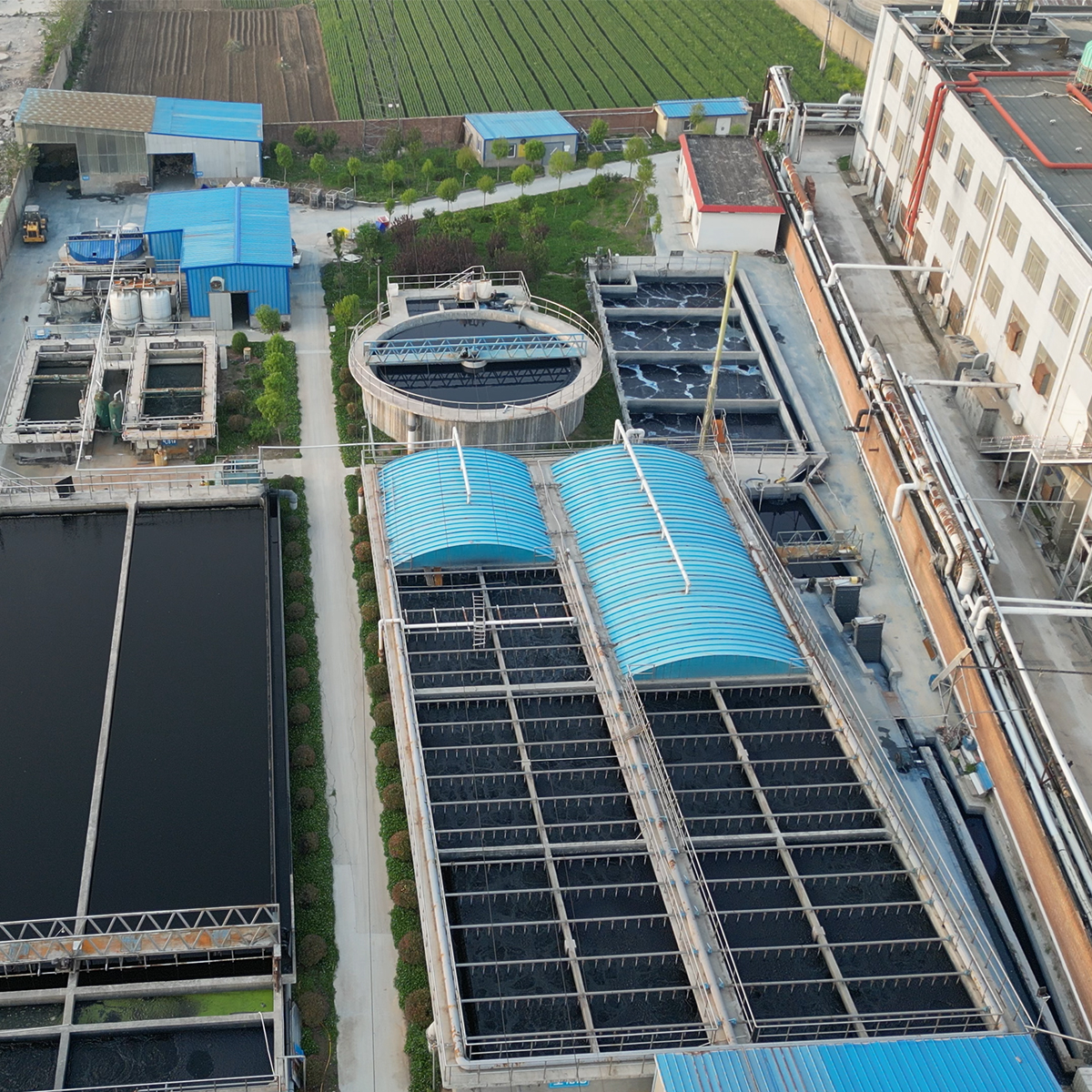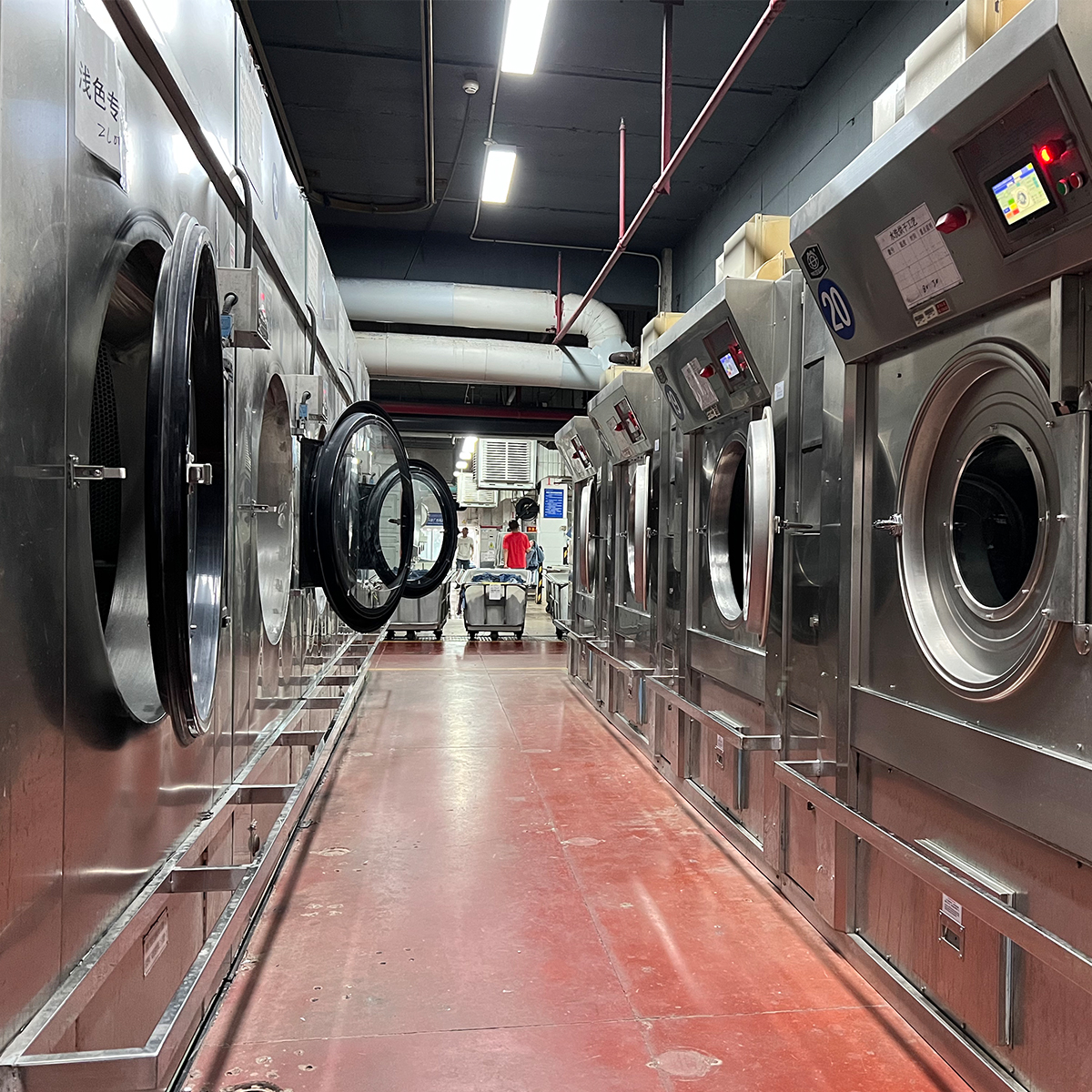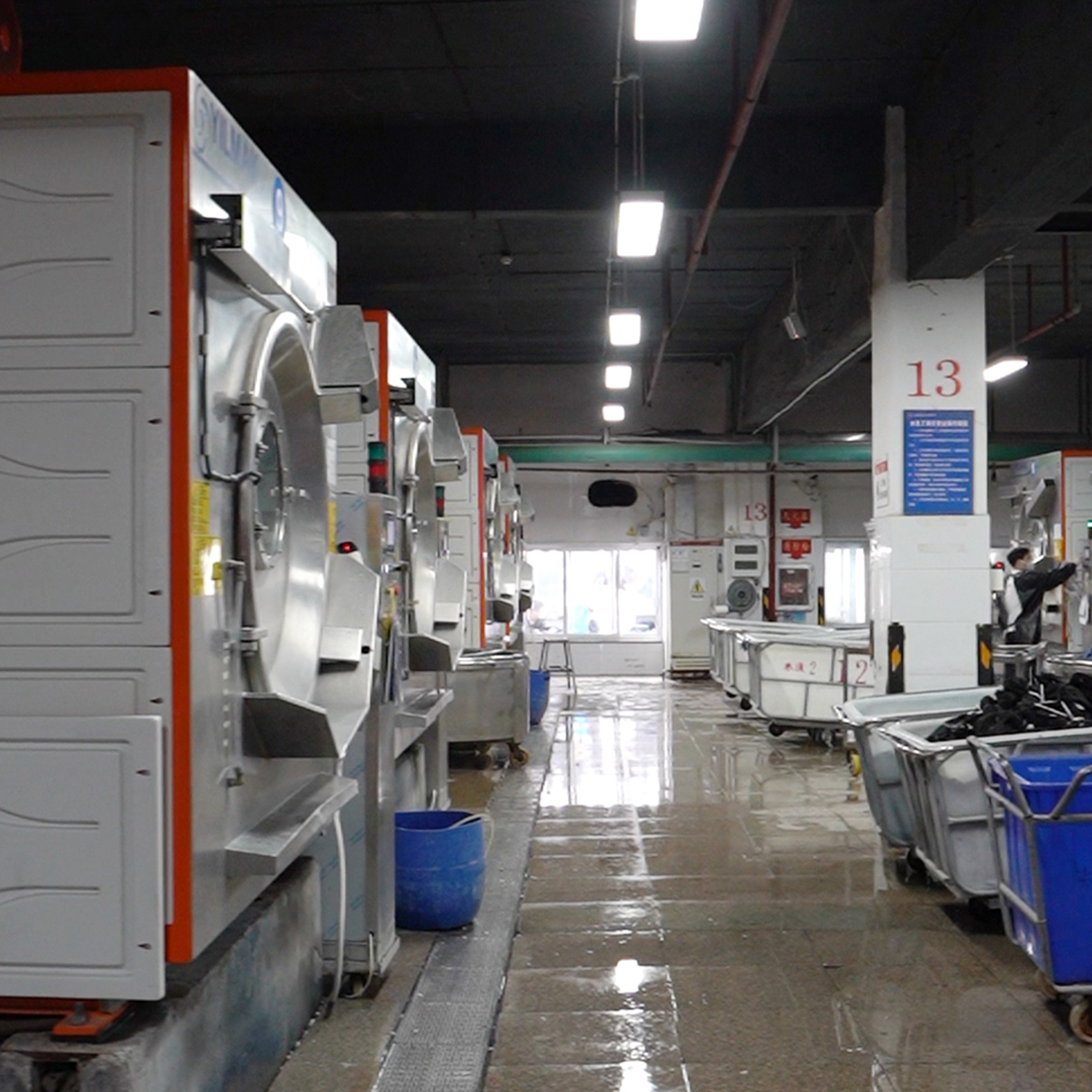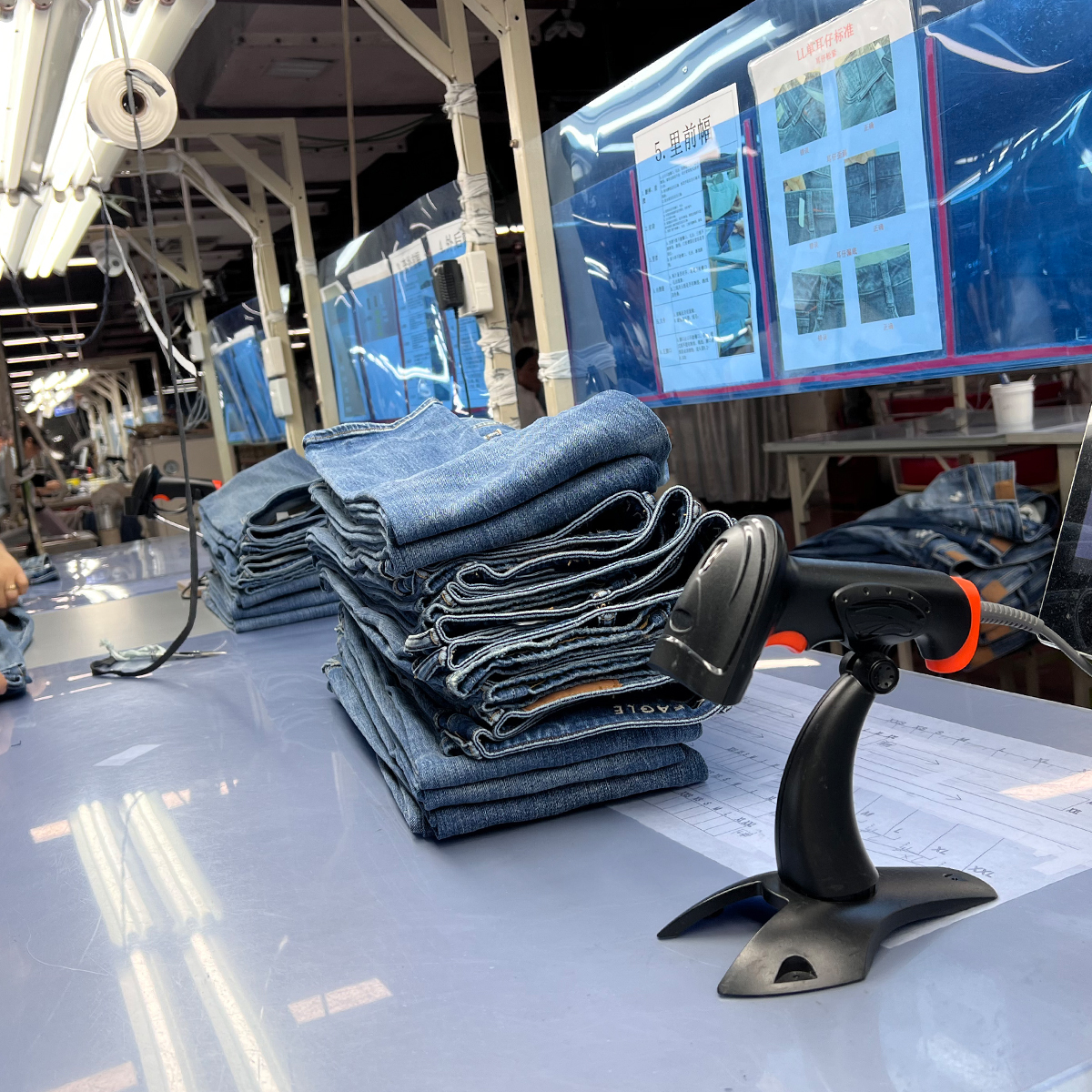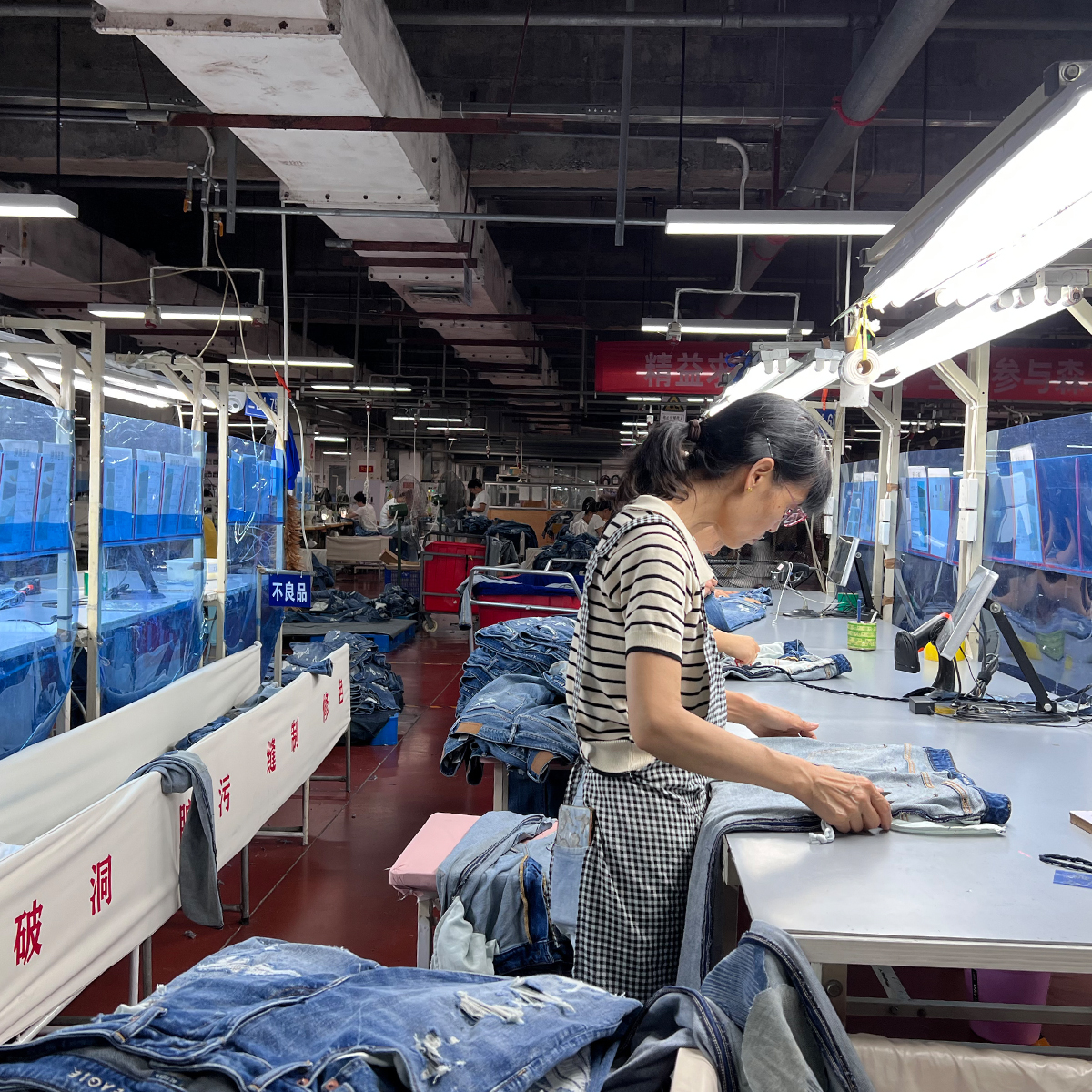Italy is synonymous with high fashion, sophistication, and unparalleled craftsmanship. Renowned for its rich textile heritage and innovative designs, the Italian fashion industry continues to set trends globally. In this article, we will explore some of the best Italian clothing manufacturers that contribute to the country’s prestigious reputation in the fabric and fashion domain.
The Legacy of Italian Fashion
The roots of Italian fashion can be traced back to the Renaissance, a period when artisans brought creativity and artistry to fabric production. Significant cities such as Florence, Milan, and Venice emerged as cultural hubs, where designers and craftspeople redefined aesthetics and functionality in clothing. By the 20th century, Italian fashion houses gained international acclaim, with brands like Gucci, Prada, and Versace leading the way. This legacy of excellence is backed by a robust manufacturing sector that blends tradition with innovation.
Top Italian Clothing Manufacturers
1. Brunello Cucinelli
Brunello Cucinelli is not just a brand; it’s a philosophy focused on cashmere luxury and ethical practices. Founded by Brunello Cucinelli in 1978, the brand is known for its exquisite craftsmanship and dedication to quality. The company operates in Solomeo, where it employs over 800 artisans, each specializing in different aspects of clothing production. Their dedication to sourcing the finest materials, particularly cashmere, and ensuring ethical labor standards has made them a benchmark in luxury apparel.
2. Max Mara
Max Mara embodies timeless elegance and versatility. Established in 1951, the brand has expanded its reach globally while maintaining its roots in Italian craftsmanship. The company is known for its outerwear, particularly its iconic coats, which combine classic designs with contemporary chic. Max Mara utilizes high-quality fabrics and boasts a meticulous attention to detail, ensuring that each piece meets the sophisticated needs of its clientele.
3. Gucci
One cannot discuss Italian fashion without mentioning Gucci. Founded in 1921 in Florence, Gucci has transformed the fashion landscape. Under the creative direction of influential designers, the brand has seamlessly combined traditional craftsmanship with modern flair. From its leather goods to refined clothing collections, Gucci symbolizes luxury and innovation, attracting fashion enthusiasts worldwide. The brand’s manufacturing practices highlight the expertise involved in creating items that are both trendy and timeless.
4. Diesel
For those seeking a more casual yet stylish appeal, Diesel is a standout manufacturer. Known primarily for its denim, Diesel was founded in 1978 and has carved a niche in the fashion industry by embracing a bold and adventurous aesthetic. The brand’s commitment to sustainable manufacturing practices and innovative designs reflects the changing landscape of modern fashion, making it a favored choice for younger consumers looking to express individuality.
5. Dolce & Gabbana
Founded in 1985, Dolce & Gabbana is known for its extravagant and theatrical designs that pay homage to Sicilian culture. The brand is recognized for intricate patterns, detailed embellishments, and a lively use of colors. Their clothing captures the essence of Italian heritage while appealing to the modern fashionista who craves a unique style statement. Each piece is a testament to the artisans’ skills, emphasizing craftsmanship and storytelling through fabric.
The Importance of Quality Fabrics
Italian manufacturers take pride in their selection of materials, utilizing some of the finest textiles in the world. From luxurious silks and high-quality cottons to innovative synthetic blends, these fabrics are carefully chosen to enhance style and comfort. The importance of quality fabrics cannot be overstated; they contribute significantly to the overall appeal and durability of clothing. In addition to aesthetics, these manufacturers ensure that their clothing meets high-performance standards, making them suitable for various occasions.
Craftsmanship and Technological Integration
While Italian clothing manufacturers are praised for their craftsmanship, the integration of technology into the manufacturing process is becoming increasingly prominent. Many brands are adopting cutting-edge technologies such as 3D printing, automated sewing machines, and digital fabric printing. These advancements allow for greater precision, personalization, and efficiency, enabling manufacturers to respond swiftly to emerging fashion trends.
Moreover, maintaining traditional craftsmanship remains vital. Many manufacturers train craftsmen in techniques passed down through generations, ensuring the legacy of quality and artistry continues. This harmonious blend of old-world skills and modern technology enhances the appeal of Italian clothing brands on both the national and international stages.
Italian Fashion: A Global Influence
The influence of Italian clothing manufacturers extends far beyond borders. Their designs often inspire global fashion trends and influence major fashion weeks around the world. From luxurious evening wear to casual street style, Italian manufacturers have a hand in shaping the way people dress in everyday life as well as special occasions.
Furthermore, the ‘Made in Italy’ label has become a hallmark of quality and prestige. Shoppers actively seek this label, recognizing the superiority associated with Italian craftsmanship. As a result, many fashion enthusiasts are willing to invest in high-quality Italian garments, appreciating the sophistication and status that accompanies them.
With the rise of e-commerce, Italian clothing manufacturers are now able to reach global markets more effectively. Online platforms allow brands to connect with consumers who appreciate quality and style regardless of location.
Sustainability in the Italian Fashion Industry
As environmental concerns continue to influence consumer purchasing decisions, many Italian clothing manufacturers are embracing sustainable practices. From using organic fibers to implementing waste-reduction methods, they are redefining their production processes to align with eco-friendly principles. Some brands are even partnering with local artisans to promote slow fashion, emphasizing quality over fast fashion trends.
Sustainability is not just a trend but a commitment to preserving the environment while continuing to provide luxurious, high-quality garments. As consumers become more conscious of their choices, the demand for transparency in manufacturing processes is also increasing. Italian clothing manufacturers are responding to this demand, assuring customers that their products not only fulfill aesthetic desires but also ethical considerations.
Final Thoughts
Exploring the world of Italian clothing manufacturers unveils a rich tapestry of tradition, innovation, and quality. These brands epitomize the artistic spirit of Italy, offering garments that are not only stylish but also steeped in craftsmanship. As they continue to adapt to evolving market demands while preserving their heritage, the global fashion industry remains captivated by the allure of Italian fashion.



